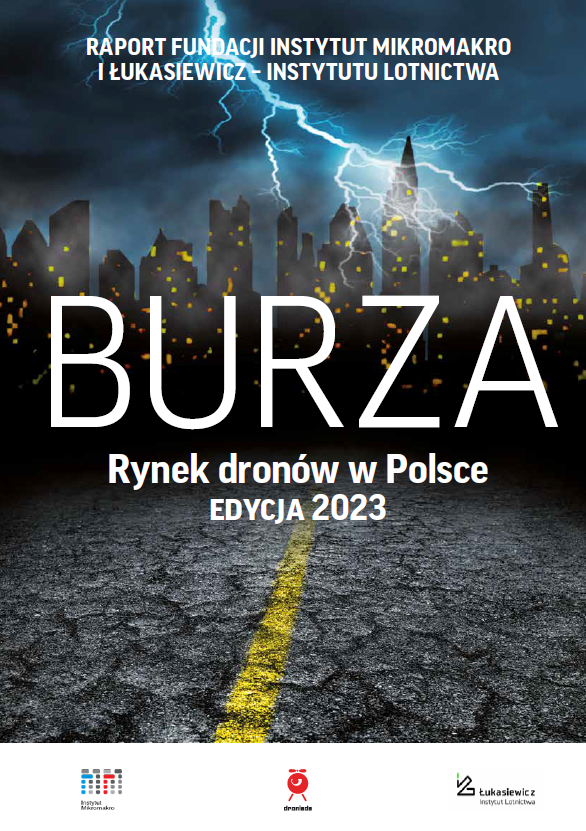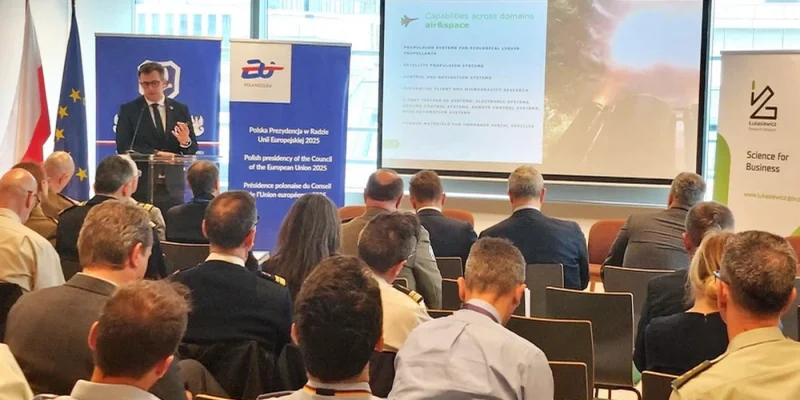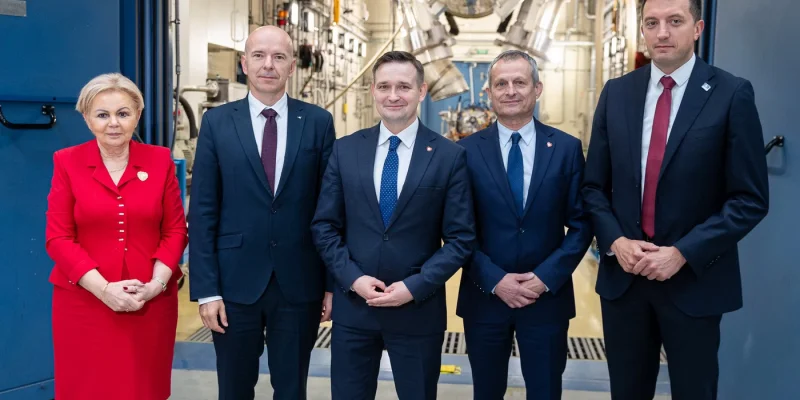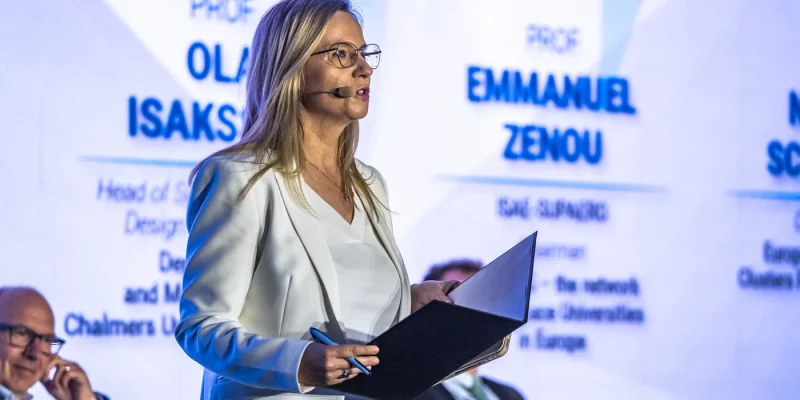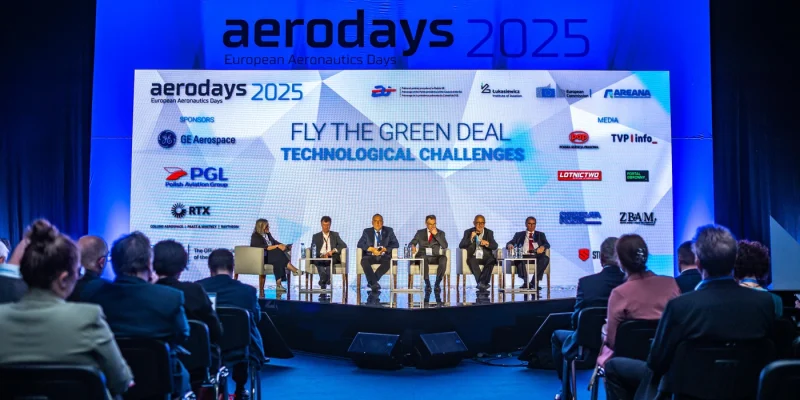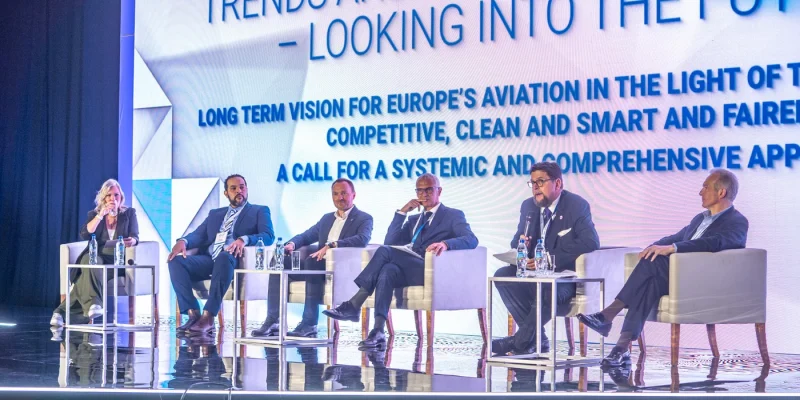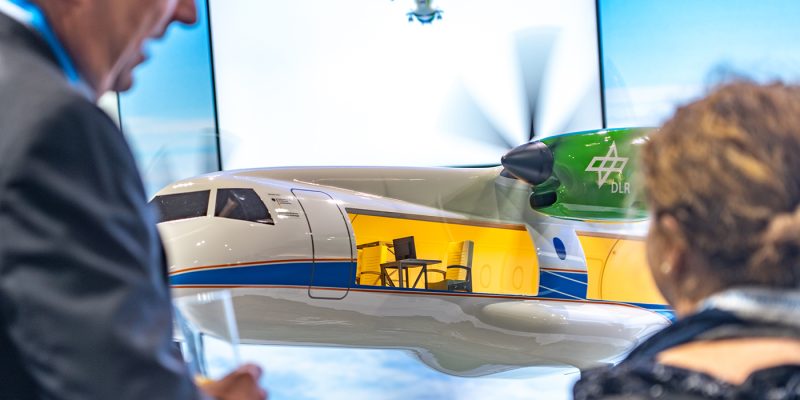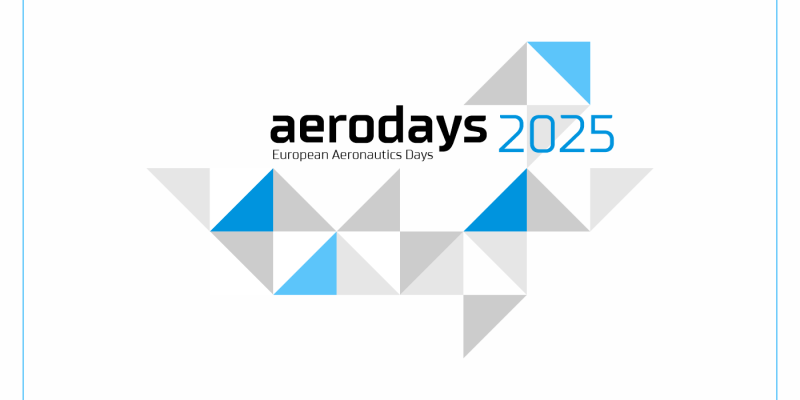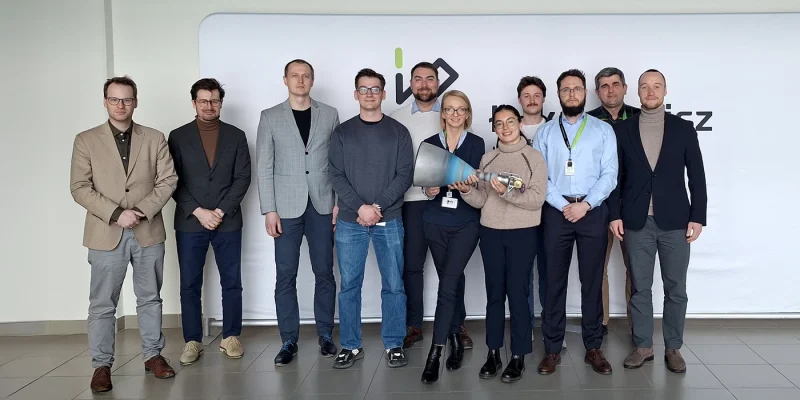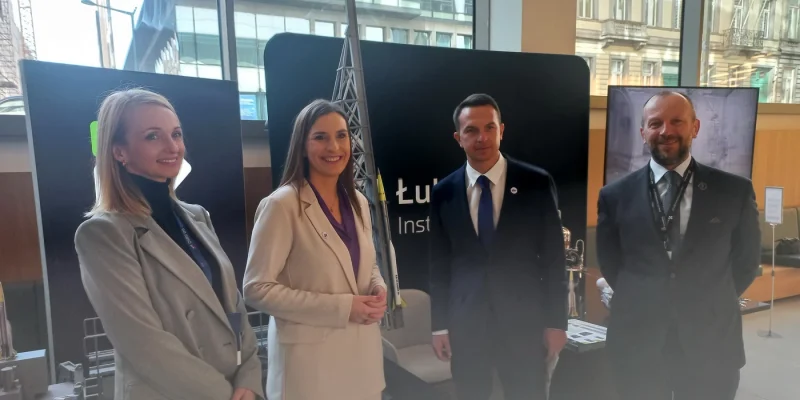If someone is looking for a company or segment of the profitable and prospective market, he should be interested in anti-drone software and systems, according to a drone report published by the Łukasiewicz – Institute of Aviation and the Mikromakro Institute Foundation.
How to organize the movement of autonomous vehicles? Where can an auto-robot, a robo-ferry or a robo-train goes? Are their movements to be dealt with by the same officials who are now beginning to learn the third dimension of cities – the airspace for drones? You can read about all this in the latest STORM report (raport BURZA), prepared by drone market experts.
– In the next few years, the differences between aerial robotics and manned aviation will increase – apart from the laws of physics. These will remain the same for robots and manned aircraft. Hence the need for certification of flying equipment and mission risk analysis with increasing emphasis on the IT systems that support them. We are also inevitably approaching the moment when AI-driven vehicles will take over our cities – argues the president of the Mikromakro Institute Foundation, Sławomir Kosieliński.
The report presents the most interesting companies from the Polish and global drone market, operating in the following areas: trade, services, production, R&D and the relationship between autonomy and service. The study covered 14 sole proprietorships, 69 limited liability companies, 10 joint-stock companies and 7 companies with a different legal status. Their total revenue is approx. PLN 350 million for 2022.
– On the market, we observe how some companies leave the startup “valley of death” and how others are just getting there. Of course, leaders emerged in every area of the market described in our report. Some have a chance for international success. We are closely monitoring the area of drone deliveries, as well as the energy sector and the internal security market – emphasizes Dr. Eng. Sylwester Wyka, deputy director for research at Łukasiewicz – Institute of Aviation, co-author of the report.
The titular partner of the research and publication of the report is Łukasiewicz – Institute of Aviation. The report was created as part of the preparations for the 10th Droniada (Droniada.eu) based on the study of the technological and business advancement of the drone market according to the proprietary method of Sławomir Kosieliński and Paweł Waligóra from the Mikromakro Institute Foundation, the so-called KOWAL INDEX.
—
The Łukasiewicz Research Network – Institute of Aviation is one of the most modern research facilities in Europe, with traditions dating back to 1926. The Institute closely cooperates with global tycoons of the aviation industry, such as: Boeing, GE, Airbus, Pratt & Whitney, and institutions from the space industry, including the European Space Agency. Strategic research areas of the Institute are aviation, space and unmanned technologies. It also provides research and services for domestic and foreign industries in the field of materials, composite, additive, remote sensing, energy and oil&gas technologies.
The Łukasiewicz Research Network provides attractive, complete and competitive technological solutions. It offers a unique system of “challenging” to business, thanks to which a group of 4,500 scientists in no more than 15 working days accepts the business challenge and proposes the entrepreneur to develop an effective implementation solution. At the same time, it involves the highest competences of scientists in Poland and a scientific apparatus unique in Poland. What is most important – the entrepreneur does not bear any costs related to the development of an idea for research work. Łukasiewicz meets the expectations of business in a convenient way. The entrepreneur may decide to contact us not only through the form at https://lukasiewicz.gov.pl/biznes/ but also in more than 50 locations: the Łukasiewicz Institutes and their branches throughout Poland. They will receive the same – high quality – product or service everywhere. The Łukasiewicz potential is focused around such research areas as: health, intelligent mobility, digital transformation and sustainable economy and energy.



